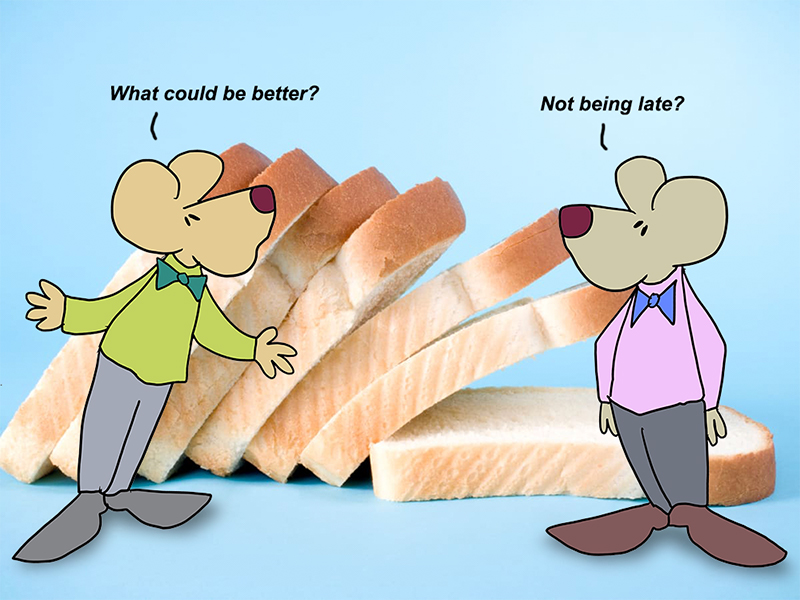Some of those nifty phrases in our societal vocabularies aren’t always right. I’m not sure anything in this world is absolute. There are no for certains, 100% of the time.
These phrases come in all sizes, such as “A thing of beauty is a joy forever.” Or “Behind every great man is a great woman.” Trust me on the latter. I know a lot of great men who are gay.
But on the other side of things, these expressions can be right on the money, too. You just never know until you know.
Today, I am thinking of “Better late than never.”
When I was in the fourth grade, or so, we had to draw a Halloween scene in art class one day. One of the girls sitting next to me wrote across the top of her pumpkiny-ghosty-witchy picture, “Better Late Than Never!”
I didn’t understand what she meant back then, and to this day, I still don’t. So every time I hear the phrase, I’m a little leery of it from the start. However, two historical events illustrate my point: sometimes phrases are right, and sometimes they are wrong.
The first event happened on this date, July 7, 1880, when a baby named Otto Frederick Rohwedder was born. Little Otto must have loved his mama’s bread when he was a boy. This stuck with him so much that he invented the “bread slicing machine when he grew up.”
Then, also on this date in 1928, Otto’s 48th birthday, sliced bread was sold for the first time by the Chillicothe Baking Company in Missouri. They used the machine invented by Otto. The event was described as the greatest forward step in the baking industry since bread was wrapped. And. The phrase “greatest thing since sliced bread” only became possible as a result of the work of our good man Otto Rohwedder.
We have to travel a bit further back in history for the next event. It all has to do with Joan of Arc. You see, at the age of 13, Joan began to hear voices. She determined these voices had been sent by God to give her a mission of overwhelming importance. The things they were saying roughly sounded like:
“Joan, you need to save France by expelling its enemies, and you also need to help get Charles installed as its rightful king.” It could have been something else entirely, as we all know how those voices in our heads can be a little distorted. Well. Never mind that last thing.
Anyway, Joan made it her life mission. She even took a vow of chastity as part of this divine mission. In the next six years, she fought like a boss, I’ll tell you. The French troops loved her, and she was a bit of a hero, a leader. And it was all going great until the enemy captured her.
In the trial that followed, Joan was ordered to answer to some 70 charges against her, including witchcraft, heresy, and dressing like a man. Her captors — the Anglo-Burgundians — were aiming to get rid of the young leader as well as to discredit Charles.
Let me say this about Charles, who owed his coronation to her. In attempting to distance himself from an accused heretic and witch, the French king made no attempt to negotiate Joan’s release. Way to go, Chuck.
Anyway, in May 1431, after being in the slammer for a year and also under threat of death, Joan signed a confession. She denied that she had ever received divine guidance. No voices in her pretty little head.
But then, a few days later, she defied orders by wearing men’s clothes. So the authorities pronounced her death sentence. On the morning of May 30, 1431, at the age of 19, Joan was burned at the stake. You might say Joan was done.
Here is the “Better late than never part.” It happened on this date, in the year 1456. A retrial verdict acquitted Joan of Arc of heresy 25 years after her death. As you can see, for Joan, who would have been 44, this was not better late than never. And it definitely was not better than sliced bread.
========
“How did it get so late so soon?”
― Dr. Seuss
=======
“Ah, Nothing is too late, till the tired heart shall cease to palpitate.”
― Henry Wadsworth Longfellow
========
“It’s never too late to question everything.”
― Bert McCoy
========
Slicng the bread, on time, or too late.
